 You may have heard someone say “I have TMJ” as if it is an illness. However, TMJ is not a sickness or disorder. Instead, your TMJ are more properly known as your temporomandibular joints. This complex system is what allows you to open and close your mouth. Your TMJ system includes your lower jaw (mandible) and the muscles and ligaments that move it.
You may have heard someone say “I have TMJ” as if it is an illness. However, TMJ is not a sickness or disorder. Instead, your TMJ are more properly known as your temporomandibular joints. This complex system is what allows you to open and close your mouth. Your TMJ system includes your lower jaw (mandible) and the muscles and ligaments that move it.
Each side of your jaw has a ball and socket joint that allows your mandible freedom of movement. They include a disc of spongy cartilage that supports the jaw while also allowing it to open wide or move from side to side. Anything that impedes this system of muscles, ligaments, discs and bones can be called a TMJ disorder. It is to this that most people refer when discussing TMJ. Dentists like Dr. Mark Sowell in Plano, TX can diagnose and treat this problem to relieve the discomfort from TMD’s and stop the progression of dental issues that they can cause.
Symptoms of a TMD
A disorder of the TMJ is often referred to as a TMD — a temporomandibular disorder. TMD’s can be difficult to diagnose as they reveal themselves very differently in different individuals. However, some of the most common signs of a TMD are:
- Frequent headaches
- Popping, clicking or grating of the jaw (TMJ joint)
- “Locked” jaw and/or limited mobility in the jaw joint
- Discomfort when eating or chewing
- Chronic earaches without evidence of ear infections
- Soreness or tiredness in the face and/or jaws
What Causes TMJ Disorders (TMD)?
Possible causes of TMJ disorders include:
- Arthritis
- Dislocation
- Injury
- Alignment of jaw and teeth
- Teeth grinding due to stress
How is TMJ Diagnosed?
A dentist knowledgeable in TMD’s like Dr. Sowell must examine your bite and diagnose the condition and determine its severity before treatment begins. A dental exam to diagnose a TMD should include your dentist checking the joints and muscles of the jaw for tenderness, clicking, popping or difficulty of motion.
Depending on the severity of the condition, Dr. Sowell may refer you to a physician or a dental specialist for more advanced treatment.
How is TMJ Treated?
For less serious TMD’s, there are several DIY treatments that Dr. Sowell may suggest you try before considering more invasive treatment. These lifestyle change-based remedies include:
- Eating softer foods.
- Avoiding chewing gum and biting your nails
- Applying heat packs to the source of the discomfort
- Consider trying relaxation techniques to relieve tension in the jaw such as meditation or biofeedback.
- Exercises to strengthen your jaw muscles
If your symptoms are more severe, Dr. Sowell may suggest the following therapies for TMJ:
- Medication to relieve anxiety
- Oral appliance therapy (such as a night guard)
- Dental splints
- Occlusal equilibration, making changes to the fit of the bite by reshaping and/or removing tooth structure
Plano, TX TMJ Treatment
With a consultation, Dr. Sowell can determine which treatment would best suit your specific case of TMD. If you are in the Plano, TX area and think you may be suffering from a TMJ disorder, any other dental ailment or merely need a cleaning or consultation, please call (972) 382-6855 to schedule with Dr. Sowell at Aesthetic Dentistry Centre or schedule a complimentary consultation with our office online.
